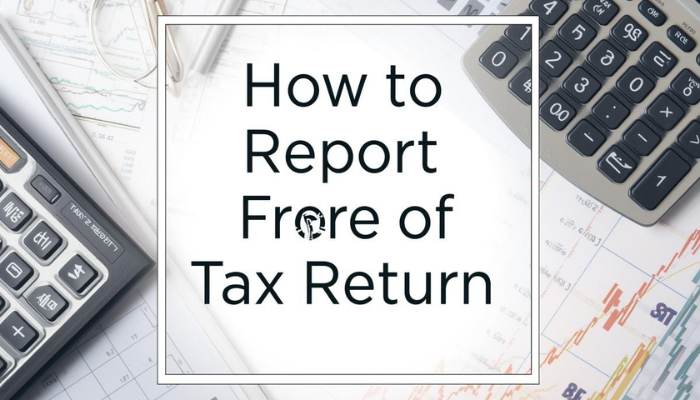
How to Apply for Agricultural Tax Exemption?
Understanding how to apply for agricultural tax exemption is one of the most paramount aspects that significantly influences the financial landscapes for cultivators and farmers alike. It is a critical factor, a substantial tool for relieving tax burdens on people with long roots in the agricultural industry.
Let’s go through the step-by-step process of how to apply for agricultural tax exemption to gain clarity and insight into the maintenance and improvement of the monetary circumstances of your country’s farmers.
What are Agricultural Tax Exemptions?
Before beginning the application procedure, it is crucial to understand the notion of agricultural tax exemption. This exemption is intended to help and develop the agricultural industry by exempting some taxes. Doing so is a source of encouraging the expansion and sustainability of farming activities.
Check Eligibility Criteria
The first and most crucial stage in the application process of how to apply for agricultural tax exemption is to confirm eligibility. Different locations may have other criteria.
However, typical characteristics include the scale of the farm activity, the crops or livestock produced, and the land’s principal use. It is critical to carefully analyze the precise qualifying conditions established by the local tax authorities.
Organize Documentation
Once eligibility is established, the next step is to obtain the relevant documents. This often comprises documentation of ownership or lease of the agricultural property, thorough records of the crops or livestock being produced, and any other relevant information that supports the operation’s agrarian character.
Having a well-organized set of documents helps speed up the application process.
Contact the Local Tax Authorities
Engaging with local tax authorities is an essential stage in the application process. Identify the appropriate agency or office for agricultural tax exemptions and seek help.
This direct contact guarantees that you obtain the most accurate and up-to-date information for your location.
Complete Application Forms
Most jurisdictions will need the submission of certain application forms. These forms are intended to gather important information about your agricultural activity and serve as a formal request for tax exemption. Take the time to complete these forms correctly, giving detailed information to support your case for exemption.
Highlight Agricultural Activities
In your application, highlight the agricultural activities going place on your property. Clearly define the extent and magnitude of your activity, including any crops or livestock involved.
Providing a complete overview assists tax authorities in determining the true agricultural nature of your business.
Be Aware of Deadlines
Tax-related activities frequently include deadlines, and filing for agricultural tax exemption is no exception.
Stay informed about your application’s submission dates to ensure it gets handled on time. Please complete deadlines to avoid delays or the loss of available exemptions.
Follow-up on the Application Status
Once the application is filed, it is critical to remain proactive. Check regularly with our best tax consultant Houston services to see how your application progresses. This responsible action displays your dedication and desire to follow the appropriate processes.
Stay Informed About Changes
Tax rules, notably those governing agricultural exemptions, can be changed. Stay informed of any changes or modifications to tax legislation that may affect your eligibility or the exemption procedure. To guarantee continuous compliance, visit official government websites regularly and confer with tax specialists.
Conclusion
Navigating how to apply for agricultural tax exemption is a complex procedure that demands attention to detail and a proactive approach. Our tax advisor services provide a road map to sequentially ease the agricultural tax landscape. It allows you to improve the financial situation while contributing to the agriculture industry’s thriving tapestry.


